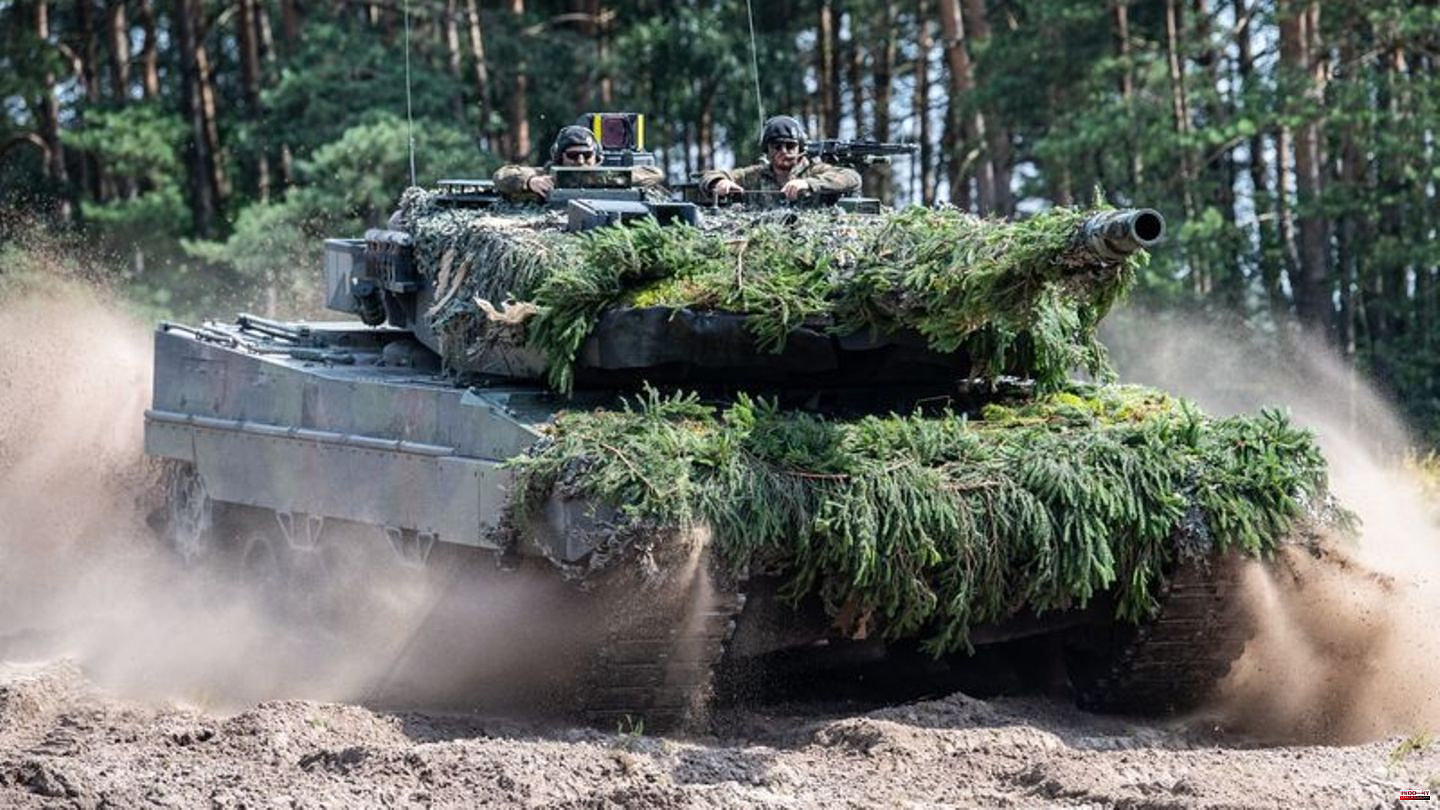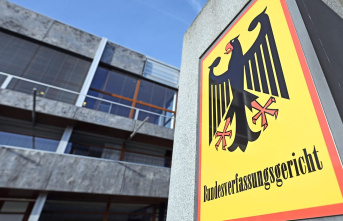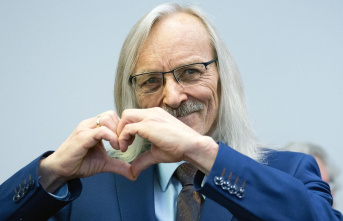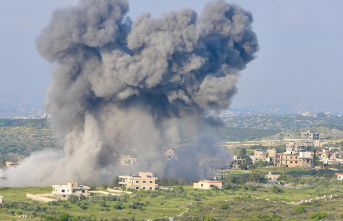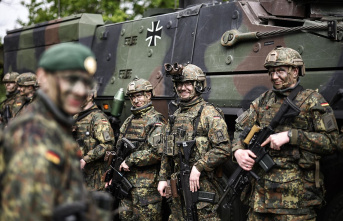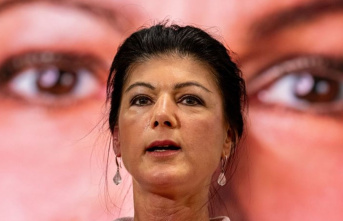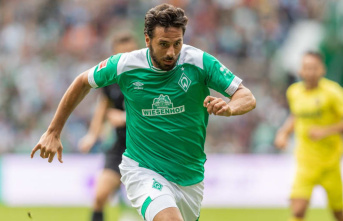Despite growing pressure from his coalition partners, Chancellor Olaf Scholz (SPD) is relying on artillery and anti-aircraft defense for military support in Ukraine. On Monday, Scholz dodged the question of the provision of Western battle tanks requested by the Ukrainian government. It "remains with the attitude that the German government has taken from the beginning and which will also be our attitude for the future, namely that there are no German solo efforts," said Scholz in Berlin.
Defense Minister Christine Lambrecht (SPD) also warned of this. SPD leader Saskia Esken did not rule out the delivery of battle tanks to Ukraine, but insisted on international coordination.
Under pressure from a Ukrainian counter-offensive, Russia announced the withdrawal of its own troops from the Kharkiv region at the weekend. The troop movement seemed at times to be like a flight, leaving weapons and heavy equipment behind. The Ukrainian advance is seen as a stage victory in the recapture of occupied territories, which is fueling hopes of a military turnaround beyond the country.
FDP and Greens for support
Federal Minister of Finance and FDP leader Christian Lindner pleads for additional support. "You have to salute the bravery of the Ukrainians. We have to check every day whether we can do more to help them in this war," Lindner wrote on Twitter. "Ukraine must win this war." The day before, the chairwoman of the defense committee, Marie-Agnes Strack-Zimmermann (FDP), had demanded that Ukraine also be given the requested German Leopard 2 battle tank and Marder infantry fighting vehicle. The delivery list so far includes the Gepard anti-aircraft vehicle, the Panzerhaubitze 2000, multiple rocket launchers and the Iris-T anti-aircraft system as well as other weapons.
"Everyone in the government knows, however, that more would be possible," Greens leader Omid Nouripour told the "Augsburger Allgemeine" (Monday) about the situation. "There should not only be an exchange of rings, but where possible also delivered directly from the stocks of the Bundeswehr and industry." As part of the ring exchange, Germany is equipping its Eastern European NATO partners with Leopard battle tanks and Marder infantry fighting vehicles, which in return are giving the Ukraine older tanks of Soviet design. Nouripour said: "Right now, before winter comes, we must support Ukraine to liberate as much of its own land as possible this year."
Robin Wagener (Greens), chairman of the German-Ukrainian parliamentary group in the Bundestag, called for more to be done. "In the successful liberations of the past few days, we can see the military added value of Western arms deliveries: They create military territory gains without mass destruction and devastation. They reduce the number of war casualties on both sides. They shorten this war," said Wagener. Regarding the question of further deliveries from Bundeswehr stocks, he wrote: "Our freedom is not being defended on the combat training grounds of the Federal Republic, but on the front in the Ukraine."
allegations from the Russian side
Defense Minister Lambrecht said that at a meeting of the so-called Ukraine contact group last week, she asked her US colleague Lloyd Austin about tank deliveries. "At least I didn't have this perception that there was a rethinking in the USA," said Lambrecht. In a speech she also said: "Today Ukraine only exists because it can defend itself militarily. We have to learn from this: We need strong, combat-ready armed forces so that we can defend ourselves and our alliance if necessary."
Meanwhile, the Russian ambassador in Berlin, Sergei Nechayev, raised allegations. "The mere delivery of lethal weapons to the Ukrainian regime, which are used not only against Russian soldiers but also against the civilian population in Donbass, is a "red line" that the German government (...) should not have crossed," Nechayev said in an interview with the Russian daily Izvestia on Monday. According to Nechayev, Germany is one of the driving forces behind the West's sanctions policy against Russia. The ambassador therefore denied Berlin a mediating role in the conflict.

